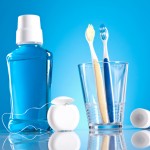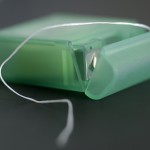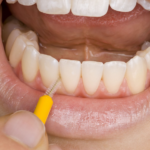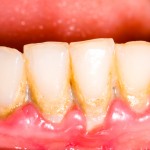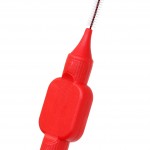
This review of the of oral health self-care behaviours in people with serious mental illness (SMI) included 33 studies. Most of the included studies (18) were cross-sectional and a mjority (20)were considered to be of weak design.
[read the full story...]